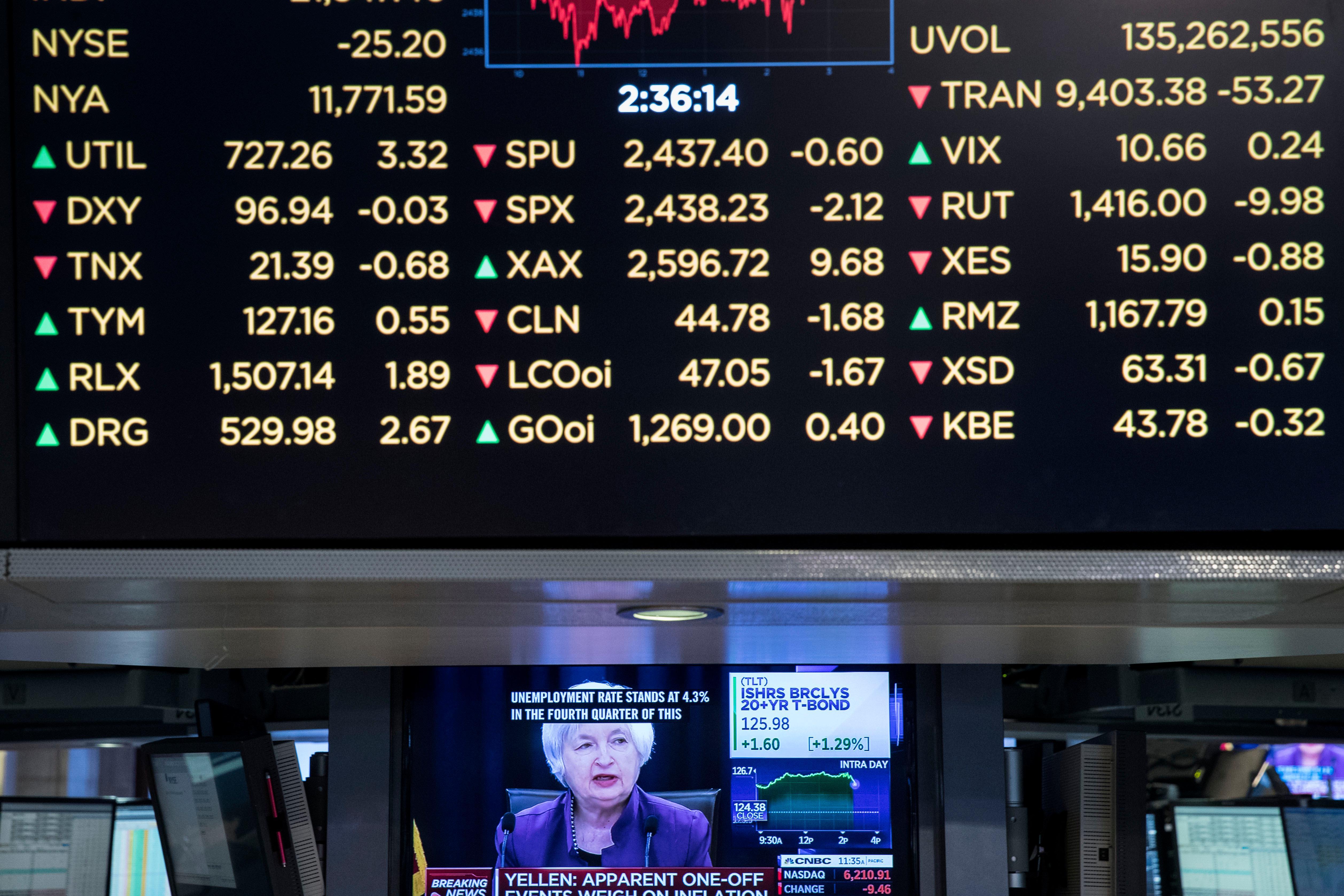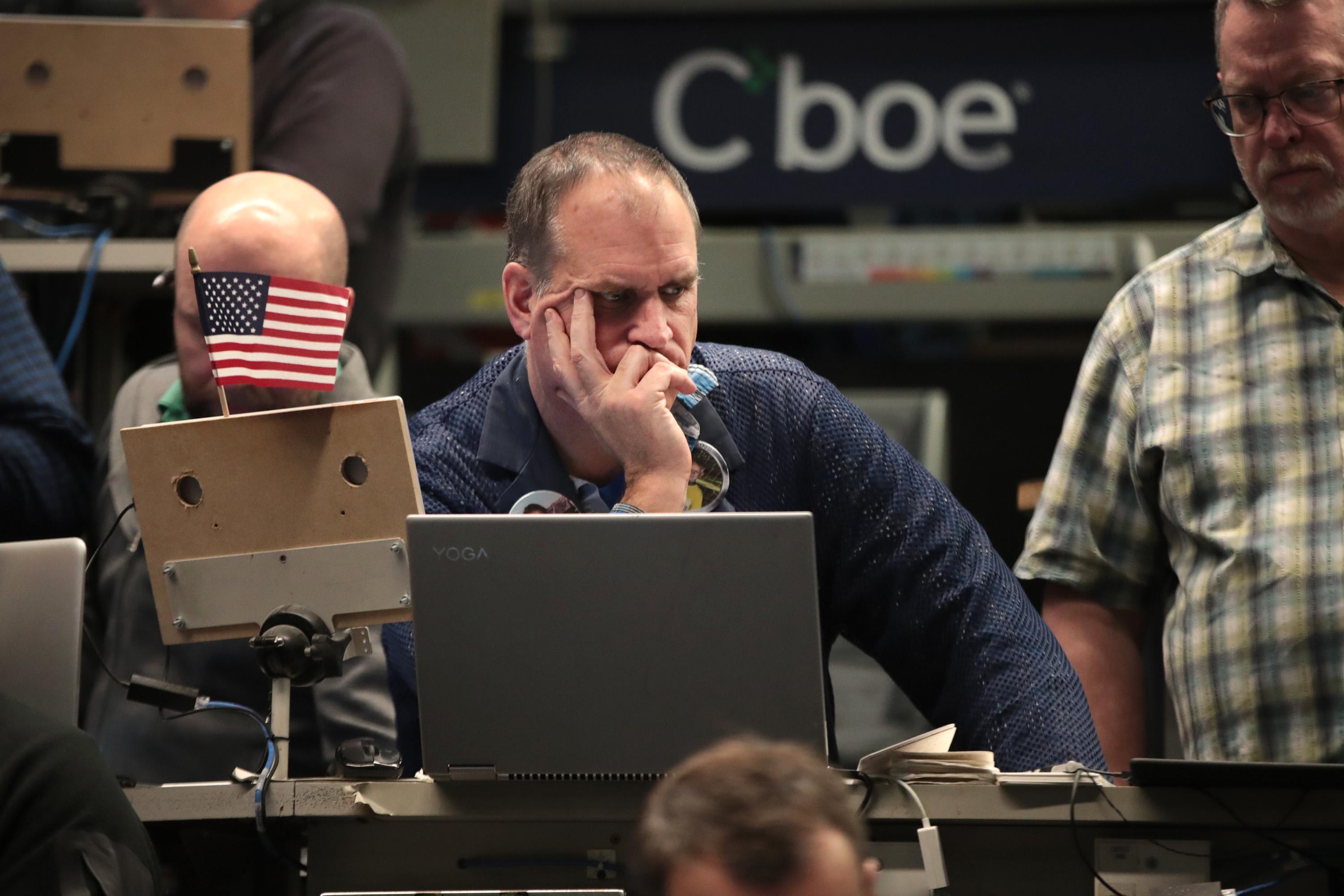What Happens When Stock Options Expire?
Your options contract relies on time. So, what happens if you let your options expire? Should you avoid expiration at all costs?
Dec. 8 2020, Published 11:49 a.m. ET

Call and put options both rely on a few key factors, namely a strike price and an expiration date. What happens if you hold your contract past its prime?
An expiration date helps determine your contract's value for an options trade. Whatever type of trade you are enacting, you should usually avoid letting your contract expire out from under you at all costs.

What is an options contract expiration date?
Investors can hold regular stocks for the rest of their life if they want, but options trading works differently. One of the key factors in any options contract is an expiration date.
The expiration date helps determine the value of the contract itself. You set a strike price (either a call or put) that you expect the stock to hit by a particular date. The date could be 30 days, 60 days, or longer down the line. Whatever the time frame, the stock in question has until the specified date to hit your positive or negative strike price.
What happens if your options contract expires?
Here's the hard truth. If you let your options contract expire, it will likely lose its value. A call option at expiry doesn't have any value if it trades below the strike price. A put option at expiry doesn't have any value if it trades above the strike price.
To avoid this scenario, investors must sell or exercise the contract by the expiration date.

The alternative to expiration — exercise your contract
You can exercise your contract at any point prior to expiration, even if you have yet to reach your strike price.
If your contract is "in the money," that means the market price of the stock is higher than the option's value. In this case, it makes sense to exercise your contract. If it's "out of the money," that means the market value of the stock is lower than the option's value. In this case, there isn't any point in exercising your contract ahead of its expiration.
In short, you can exercise your contract if your option contract is in the money, but you probably won't want to if it's out of the money. Once an out-of-the-money contract expires, you are out of the game.
A lot of online brokerages will actually attempt to exercise the option for you as the contract's expiration date nears. One such brokerage is Robinhood, but they clarify that it isn't a done deal. According to Robinhood's website, "exercising or selling your options contract is ultimately your responsibility. We don't guarantee that we'll do so."
How time value factors into options contract expiration
In the U.S., options have something called time value. Since you pay a premium for each contract, the time value is the portion of the premium remaining based on how long you have until the contract's expiry.
Since U.S. options traders can exercise their options anytime between purchase and expiration, you will want to consider time value to decide whether or not exercising your options is the right decision.
